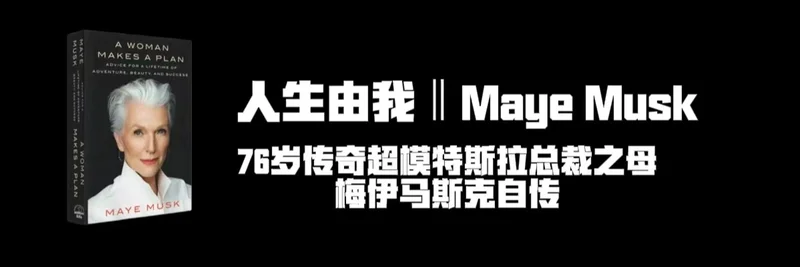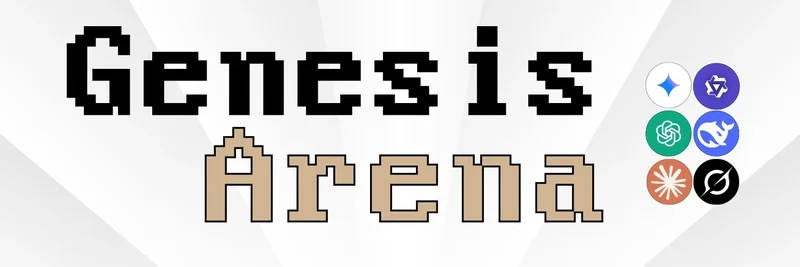In the ever-evolving world of cryptocurrency, privacy has always been a hot topic. But lately, it feels like the industry has been veering off course, chasing regulatory approvals and centralized solutions at the expense of its rebellious roots. That's the sentiment captured in a fiery tweet from Rex at R89Capital, which has sparked conversations across the crypto space.
Rex didn't mince words: "Privacy is a fundamental human right, crypto has drifted shockingly far away from this core principle.. Seeing the industry drinking cumshakes from politicans to get their centralized USD backdoor CBDC stablecoin bill passed disgusts me. Zcash is a return to pure crypto, send it to $10,000 per coin." You can check out the original tweet here.
Let's break this down. First off, what is Zcash? Zcash, often abbreviated as ZEC, is a cryptocurrency launched in 2016 that prioritizes privacy. Unlike Bitcoin, where transactions are publicly visible on the blockchain, Zcash uses advanced cryptography called zero-knowledge proofs (specifically zk-SNARKs) to shield transaction details. This means you can send and receive ZEC without revealing the sender, receiver, or amount—perfect for those who value anonymity in their financial dealings.
Rex's frustration stems from what he sees as the crypto industry's betrayal of its core ideals. Originally, crypto was about decentralization, freedom from government control, and personal privacy. But in recent years, big players have been cozying up to regulators and politicians to push for things like stablecoin legislation. Stablecoins are cryptocurrencies pegged to stable assets like the US dollar, making them less volatile. However, critics argue that many of these, especially those backed by centralized entities, could pave the way for Central Bank Digital Currencies (CBDCs)—digital versions of fiat money controlled by governments. The "backdoor" Rex mentions likely refers to potential surveillance features baked into these systems, undermining the privacy that crypto promised.
His call to "send it to $10,000 per coin" is a classic crypto hype phrase, urging the community to pump ZEC's price. At the time of the tweet, ZEC was trading much lower, but this kind of enthusiasm can ignite rallies, especially in a market hungry for narratives.
Community Reactions: From Skepticism to Hype
The tweet didn't go unnoticed, drawing a mix of replies that highlight the divided opinions in crypto. One user, @OnChainTerror, pointed out the harsh reality: "Privacy doesnt exist anymore anything you do online is sold to be plugged into a giga ai that will predict what you want and will do on a quantum scale." It's a grim take, suggesting that true privacy might be a lost cause in our data-driven world, but Zcash could be part of the solution.
Another reply from @facelessbuilds delved into the economics: "The privacy crowd lost when they let VCs in. Zcash raised $3M in 2016, then needed exchanges, then needed institutions. Every step toward liquidity was a step away from privacy." This touches on a key tension—privacy coins like Zcash need adoption and liquidity to thrive, but that often means compromising with regulated platforms that demand transparency.
On the bullish side, @painter1014 simply stated, "Zec = 1/2 btc," implying Zcash could reach half of Bitcoin's value, a massive upside. And @TheCrazyCam_ mused about "privacy nfts," hinting at future innovations blending privacy tech with non-fungible tokens.
Some replies brought the memes, capturing the lighthearted yet passionate spirit of crypto Twitter. For instance, @GavinOnEarth shared this image with the caption "Zodl," a playful twist on "HODL" for Zcash holders.
Meanwhile, @ferryandhigh posted a gif with "PUrE cRypTo," seemingly poking fun at the purist vibe.
Traders jumped in too. @CandleAtlas revealed, "Longed 50x, 20x, and 10x $ZEC, honestly don't care if the first two get liquidated, especially if the target is 5 digits." High-leverage bets like this show the speculative frenzy that can follow such posts.
Others like @Letstalkparsiq admitted to FOMO-buying: "I fomoed and bought like 32 of these coins at the top just to have some skin in the game. My goal will be to get 100 of these fuckers." And @Banthys cheered on the "$ZEC redemption arc."
Why This Matters for Meme Tokens and Beyond
At Meme Insider, we usually dive deep into meme tokens—the fun, viral side of crypto. But narratives like this Zcash revival remind us that meme culture often intersects with serious tech. The hype around ZEC here has a memetic quality, with calls to pump prices and clever wordplays like "Zodl." Privacy coins could even inspire the next wave of privacy-focused meme projects on blockchains like Solana or Ethereum.
If you're a blockchain practitioner, this is a wake-up call. Privacy isn't just a feature; it's foundational. Tools like Zcash offer ways to protect user data in an era of increasing surveillance. For more on Zcash, head over to their official site.
As the industry grapples with regulation, voices like Rex's keep the spirit of "pure crypto" alive. Will ZEC hit $10,000? Only time will tell, but the conversation is heating up. What do you think— is privacy making a comeback?




